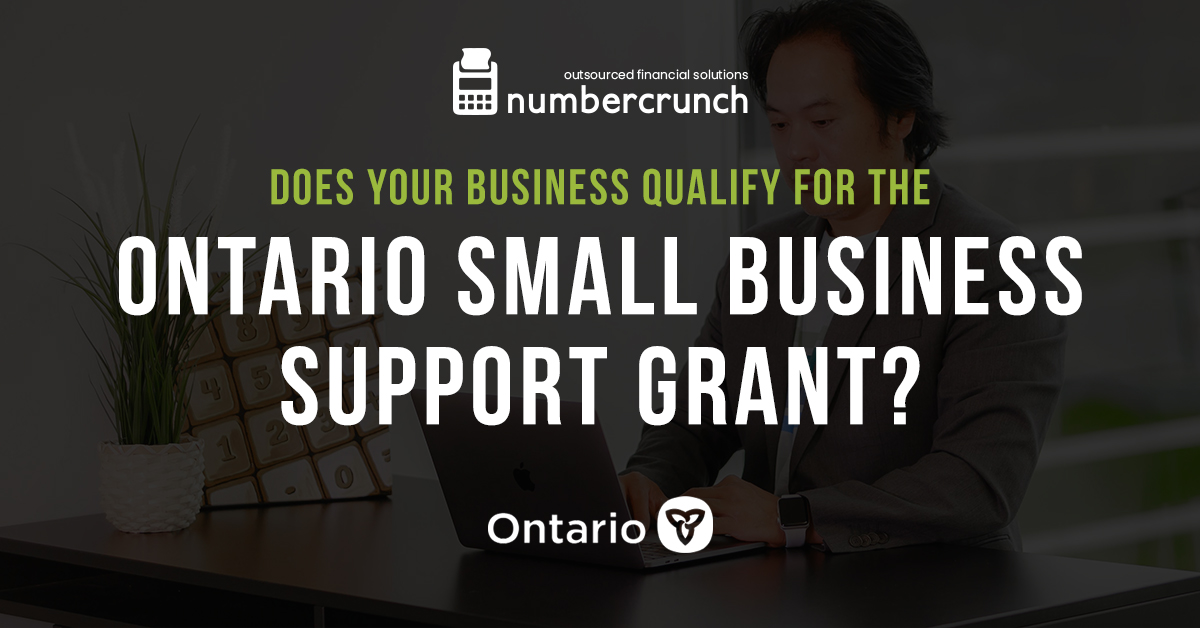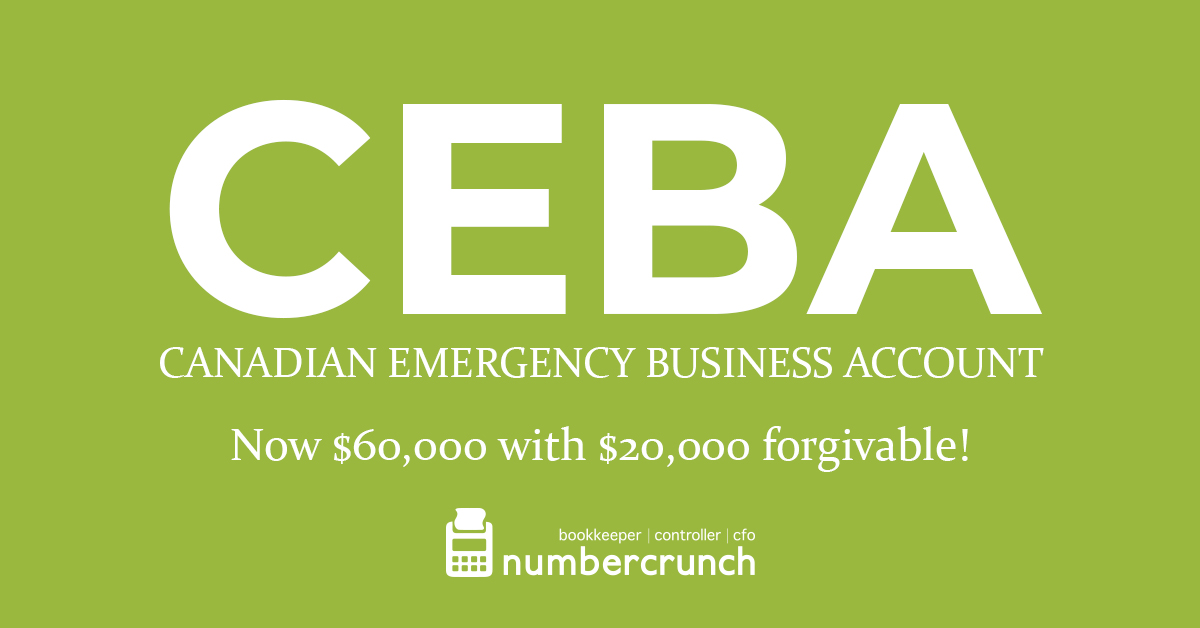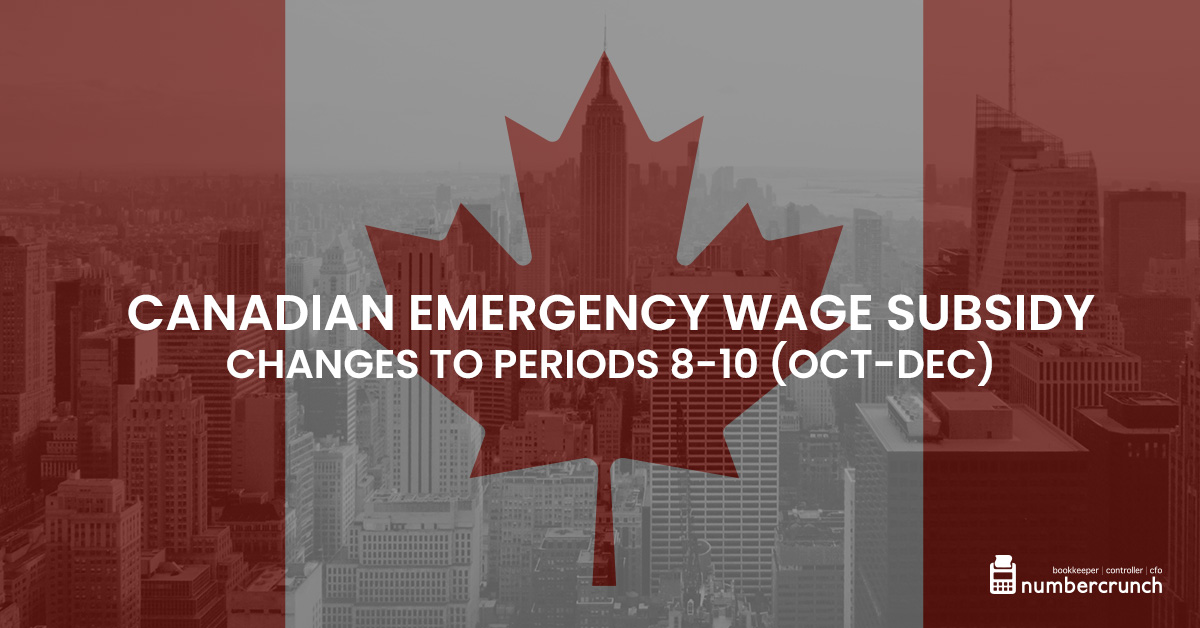On Friday, March 27th the Prime Minister lifted spirits by agreeing with business owners that the 10% wage subsidy was just not enough and that he would be lifting it to 75%. I could practically hear cheering in the streets by many. Could this be the support required to keep businesses viable during this 100 year pandemic?
For the past 5 days business owners have asked many questions about the Canada Emergency Wage Subsidy. More information was released and here’s our understanding of the key points.
This is a 3 month program. You will be assessed in each of March, April and May and if eligible you will be able to claim 75% of remuneration paid during March 15- April 11 (for March eligibility), April 12-May 9th (for April eligibility) and May 10 – June 6 (For May eligibility)
How do I know if I am eligible? If your March 2020 revenues are 30% lower than your March 2019 revenues you’ll be eligible for the subsidy in March. If April 2020 is 30% lower than Apr 2019 you’ll qualify for April, and repeat again for May. You will need to attest to the drop in revenues.
Are there limits? There is no overall limit on the subsidy per company, but there is a limit to the maximum benefit per employee at $847/week so you will hit the cap for anyone paid more than the salary equivalent of $58,725 annually.
Does this replace the 10% wage subsidy? Yes and no. You should continue to proceed with the 10% wage subsidy but if you do qualify for this you’ll need to deduct the 10% from your claim (no double dipping). But the good news is that the 10% is not going away (thankfully since many businesses will not qualify for this one).
Can I change my accounting method to represent my revenues differently? I don’t recommend it. Severe consequences have been promised for “bad actors” and thus far they have stated that the revenue comparison will be based on your normal accounting methodology used. If you did have an extraordinary source of revenue in March 2020 and otherwise would have qualified then there may be an opportunity. For example – if you convinced some clients to let you bill them for 6 months service in advance this March in a plea to stay afloat and you normally recognize revenues on billings not actual work performed then this can likely be considered an extraordinary source of revenue and thus excluded from the calculation this month so long as you do prorate the revenue into future months calculations. If you have any questions related to revenue recognition feel free to reach out to me.
How quickly will this be paid out? Finance Minister said funds will be available in approximately 6 weeks. The legislation to enact this subsidy is expected soon and then applications will be received through an online CRA portal.
What do they mean when they say that employers should pay the remaining 25% of they can? It essentially means that if you are eligible for the program you do not technically have to continue to pay the full 100% of normal earnings to your employee in order to receive the maximum amount back. You can show what the pre-crisis income was of an employee and then show that you’ve now paid an amount up to $847/week and you’ll get that money back. So that means if you cannot afford any more than 75% of their salary then you’ll get full recovery during this period. (Note there are legal risks with cutting wages by 25% that you’ll want to consider, but understandably if you do not have the cash, you do not have the cash.)
At this point I’m not sure how this program will fair out with many of our clients who have been materially impacted by COVID-19. Many may not yet see the impact of COVID-19 reflected in their gross revenues in all three months and certainly not in March. For retail, restaurant and hospitality it is understandable and devastating that the hit was immediate. For many other companies there is a slight delay that may hinder the ability to benefit given the timeline. Either way the government has stepped up in a large way here with this $71 billion program and I remain hopeful that more help is on the way.
Author: Susan Richards, FCPA, FCMA, Managing Partner, numbercrunch










